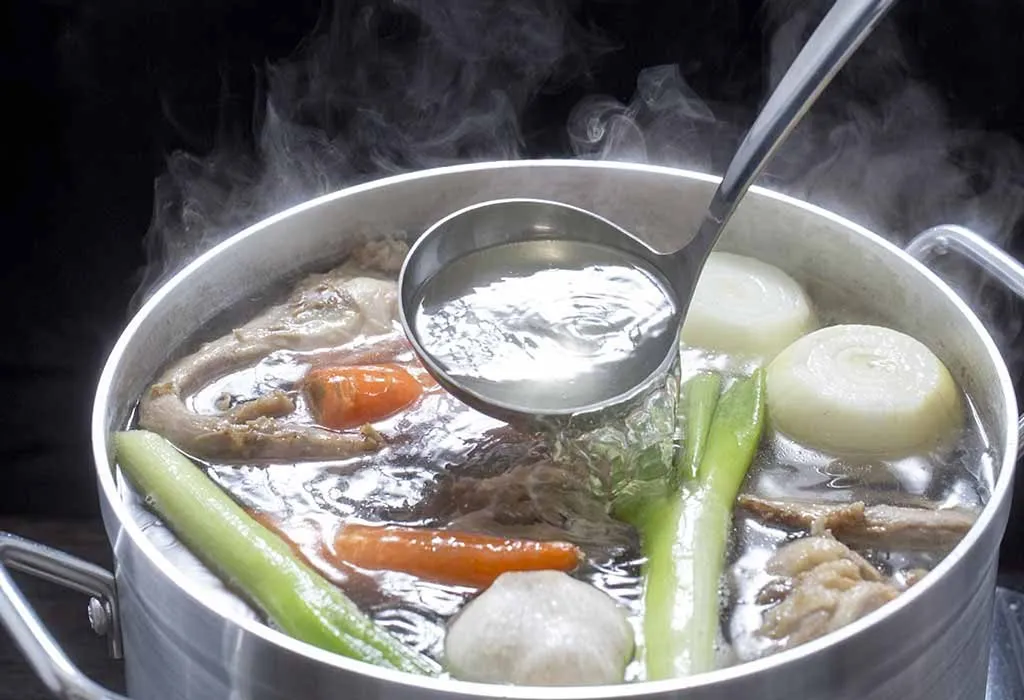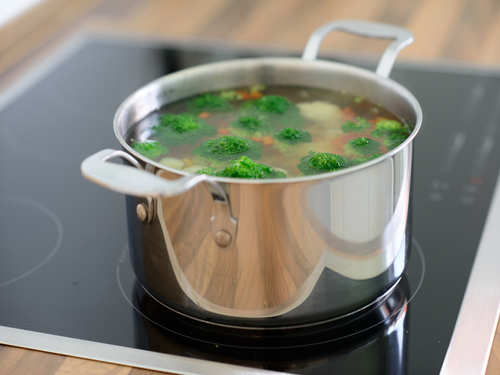Which boil food is good for health? Are you conscious about eating healthy? Boiling food is one of the best ways to keep all its nutrients intact, while also preparing a delicious meal. But, which boiled foods are actually beneficial for your health?

Eating healthy can be tough in this day and age. Processed, pre-packaged snacks may be convenient but they are doing our bodies more harm than good in the long run.
Turning to a healthier diet and cooking meals at home often requires added time and effort, but many people find it helps with managing weight and feeling better overall.
Boiling is one of the fastest and healthiest methods of cooking food as boiling retains many of the Vitamin B, Calcium, Potassium and Iron levels present in the original food being cooked.
In this article we will discuss which boiled foods are particularly beneficial for getting essential vitamins and minerals without any extra calories or unhealthy additives that comes with processed alternatives.
Introduction to Different Types of Boiled Food
Boiled foods can be divided into two main categories: vegetables and grains. Vegetables are a great source of vitamins, minerals, and fiber, while grains provide carbohydrates for energy.
Both types of food can be boiled in water or broth to retain their nutrients.
Which Boil Food is Good for Health?
Vegetables
Vegetables such as broccoli, cauliflower, carrots, potatoes, and green beans are all excellent choices for boiling. These vegetables are packed with vitamins, minerals, and fiber that can help keep your body healthy.
Boiling them in water or broth helps to retain their nutrients while also making them easier to digest.

Grains
Grains such as rice, quinoa, and oats are all great options for boiling. These grains provide carbohydrates for energy and can be boiled in water or broth to retain their nutrients. Quinoa is particularly high in protein and fiber, making it an excellent choice for a healthy meal.
Health Benefits of Eating Boiled Food
Eating boiled food is a great way to get essential vitamins and minerals without any extra calories or unhealthy additives. Boiling food helps to retain the nutrients present in the original food, making it an excellent choice for those looking to eat healthier.
Additionally, boiling food can help make it easier to digest, which can be beneficial for those with digestive issues.

Tips on Preparing and Cooking Boil Foods
When preparing boiled food, it is important to use the right amount of water or broth. Too much liquid can cause the food to become soggy and lose its flavor, while too little can cause it to burn.
Additionally, it is important to make sure that the food is cooked thoroughly before serving.
Finally, it is important to season boiled foods properly. Adding herbs and spices can help enhance the flavor of the food and make it more enjoyable.
Nutrition and Calories Contained in Boiled Foods
The nutrition and calorie content of boiled foods will vary depending on the type of food being cooked. Generally speaking, boiled vegetables are low in calories and high in vitamins, minerals, and fiber.
Boiled grains are also low in calories but provide carbohydrates for energy.
Conclusion
Boiling is one of the fastest and healthiest methods of cooking food as it helps to retain many of the essential vitamins, minerals, and fiber present in the original food.
Vegetables and grains are both excellent choices for boiling, as they provide essential nutrients without any extra calories or unhealthy additives.
Additionally, boiling food can help make it easier to digest, which can be beneficial for those with digestive issues. Finally, it is important to season boiled foods properly to enhance their flavor.